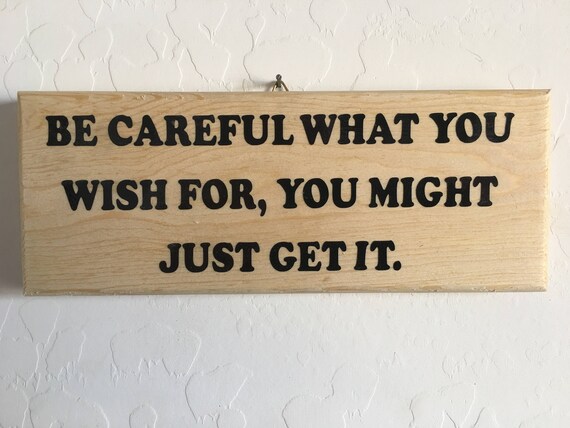In the latest case of a company with a fresh idea that becomes wildly successful to become the target of attackers, Uber is now facing perhaps the biggest attack of the company's relatively short history. In a recent ruling, a judge in San Francisco has granted the lawsuit brought forth by three former Uber drivers class-action status, which will cover the mass of 15,000 current and former drivers.
The primary claim of the lawsuit is that Uber drivers function more closely to employees of the company than they do as independent contractors. Since it started, Uber has been able to avoid some serious expenditures by maintaining that the drivers are independent contractors and are compensated based on the cost per trip and any additional tips that passengers offer. Essentially, every Uber driver is running a personal business, they just happen to be using the Uber app to advertise. By doing so, the company does not have to provide compensation such as gas reimbursement, health benefits and workers compensation to any of their drivers.
The potential impact of this lawsuit, should the drivers win, could require Uber not only to begin compensating the drivers for gas and other expenses, but also for Uber to back-pay all of the former drivers for uncompensated expenses they are owed. It is likely too, that the affordable rates customers currently enjoy will have to increase to offset these additional costs. However it would likely not be just the customers who feel the brunt of impacts.
It would not be surprising to Uber cap its drivers at 30 hours or less per week to avoid the costs of providing health benefits. This could impact current drivers pretty severely, as they could go from working 40 hours or more per week to say, 28 hours. In turn, Uber could then offer preferential treatment to drivers with more seniority for the hours that tend to be more lucrative and so the drivers who are just doing this for a little extra on the side to make ends meet could be forced out completely. In turn, if the rates suddenly go up, customers will not want to pay higher rates and still tip the same amount they were before - particularly if they were prone to tipping generously - so the revenue on a per trip or per hour basis for the drivers could decrease.
It is easy to look at this lawsuit on the surface and feel sympathy for the drivers, however with the economics at play here - regardless of how the lawsuit turns out - it is the company who will have the upper hand when it comes to obeying the laws set forth. While it would definitely be a shame to see these sweeping customer-impacting changes occur if Uber loses the lawsuit, the drivers are likely to be the ones to ultimately lose out in the end.

No comments:
Post a Comment